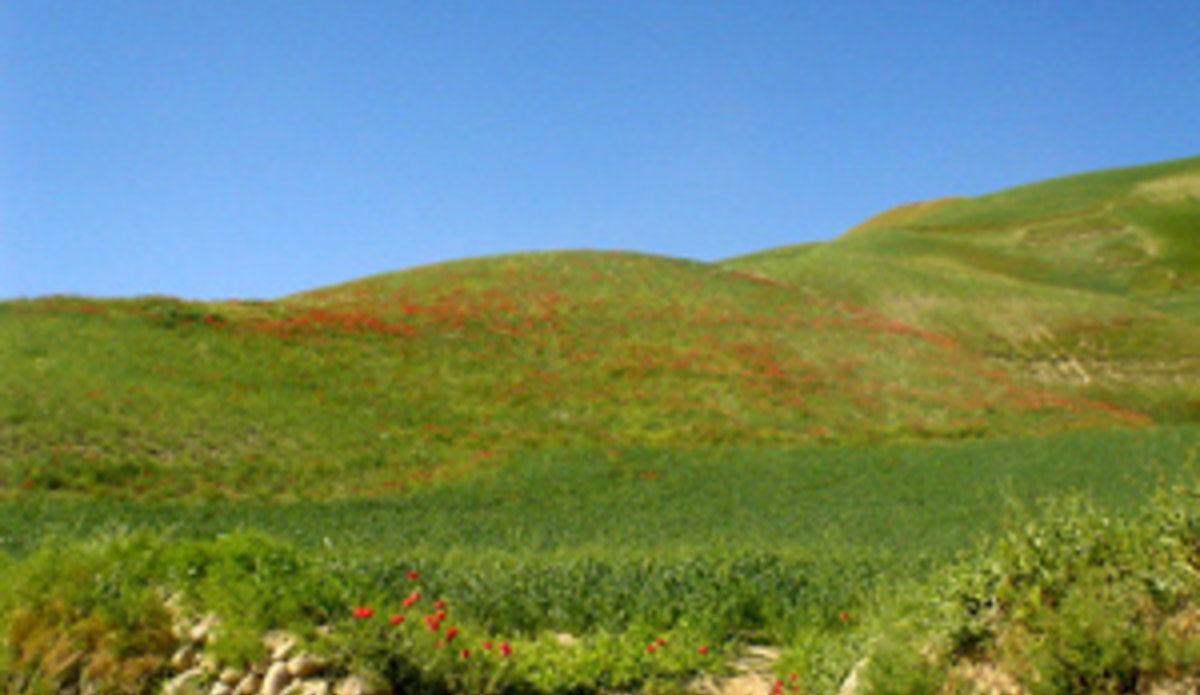Afghanistan becomes green again
16 July 2009 - With the winter past, the spring rains over and the hot summer upon Afghanistan parts of the country become truly green again.
In the north the Green Afghanistan Initiative (GAIN) has been implementing programmes in the provinces of Faryab, Maimana, Jawzjan, Sar-i-Pul and Balkh to ensure sustainable environmental and agricultural development, as one of the major components of the rebuilding of Afghanistan.
GAIN was launched in March 2005 as a project aiming to reduce environmental degradation through four main objectives: increasing the natural vegetation and forest cover, providing alternative sustainable livelihoods, increasing environmental awareness through education and building capacity at institutional and community levels.
And the needs are huge: After war and uncontrolled grazing, the environmental situation of the country has experienced strong degradation.
Desertification and erosion has increased, and the net result is a decline of the country’s national resources, its vulnerability to natural disasters, and food shortages.
Environmental protection and a good management of natural resources is a basic component of a sustainable national development.
“A green land means food. The greening of Afghanistan must not be a short surprising event. The greening of Afghanistan must be permanent and predictable,” said the Special Representative of the Secretary General for Afghanistan, Kai Eide at the opening of the UN’s office in Sar-i-Pul earlier this year.
GAIN is a joint programme of the Government of Afghanistan and six UN agencies in Afghanistan – the UN Development Programme (UNDP), the UN Environment Programme (UNEP), the Food and Agriculture Organization (FAO), the World Food Programme (WFP), the UN Children’s Fund (UNICEF) and the UN Office for Project Services (UNOPS).
Since 2005, GAIN has achieved a number of notable successes across the country: three million seedlings have been planted in nurseries, 40 village environmental committees have been created in four provinces and 517 private nurseries have been established for ex-combatants and returnees.
A few miles away from Sar-i-Pul city, a pistachio reforestation area has been implemented by GAIN.
This zone is managed by a community which takes care of over 16,000 saplings, spread across 200 hectares.
“In the past we used to cut down trees to make fire. But now, we are able to collect pistachio seeds from the old trees, re-plant them and take good care of the new saplings,” said the head of the community workers.
GAIN’s future goals include the extension of the programme across the country, the creation of nurseries and trees production, seed collections and storage, and an educational programme aiming to inform people about the environmental challenges of the upcoming years.
By Alexandre Brecher-Dolivet, UNAMA
 UN
UN







